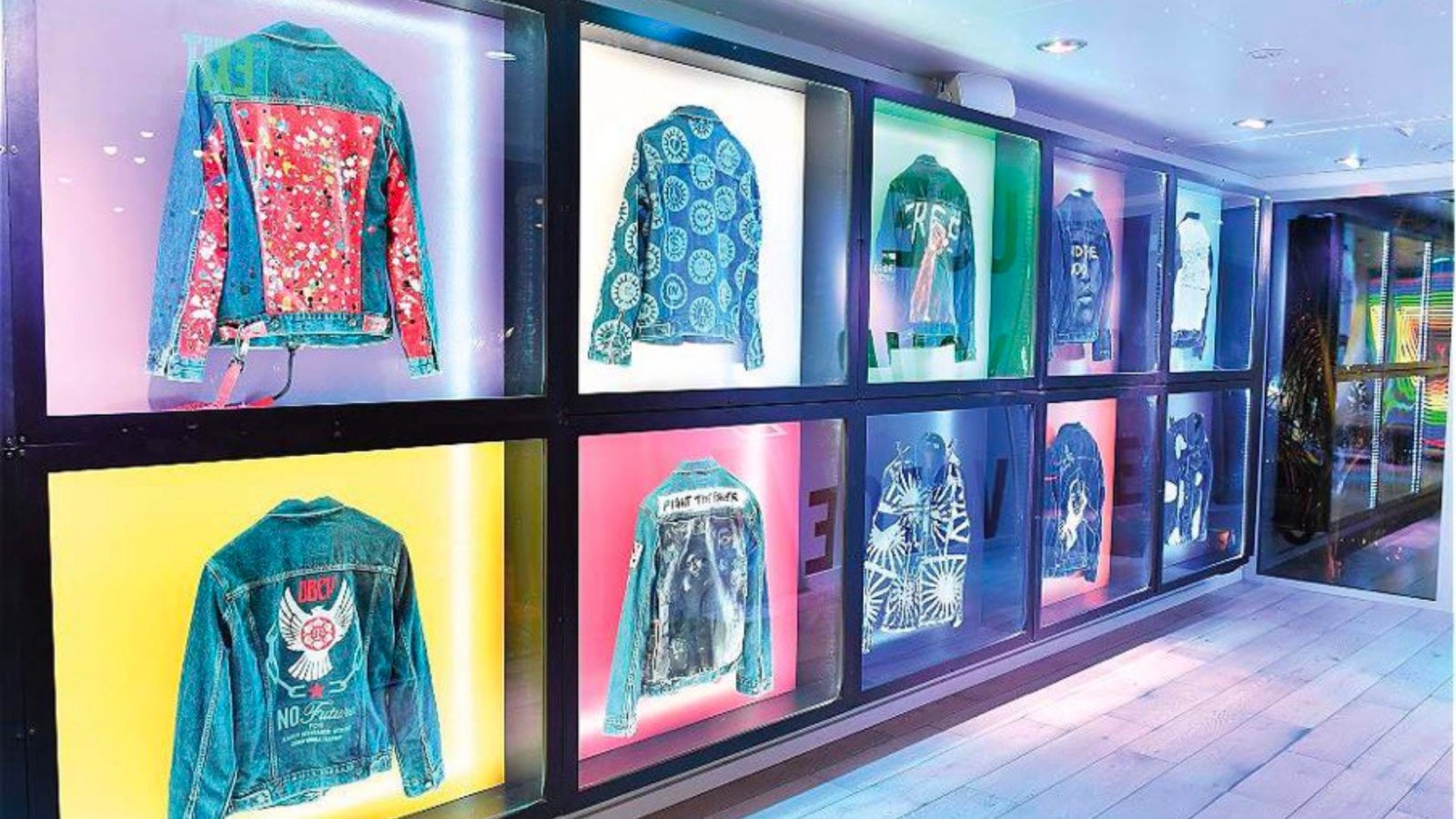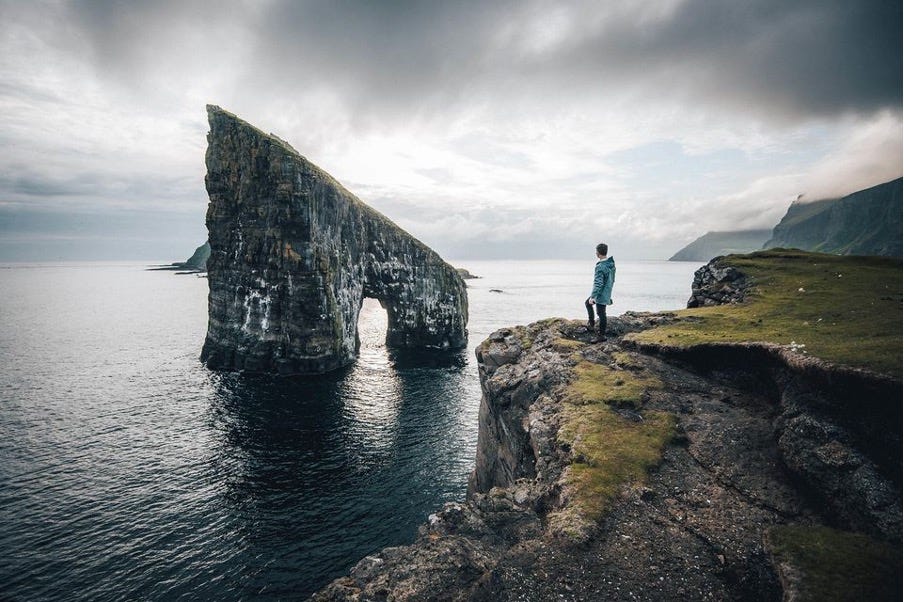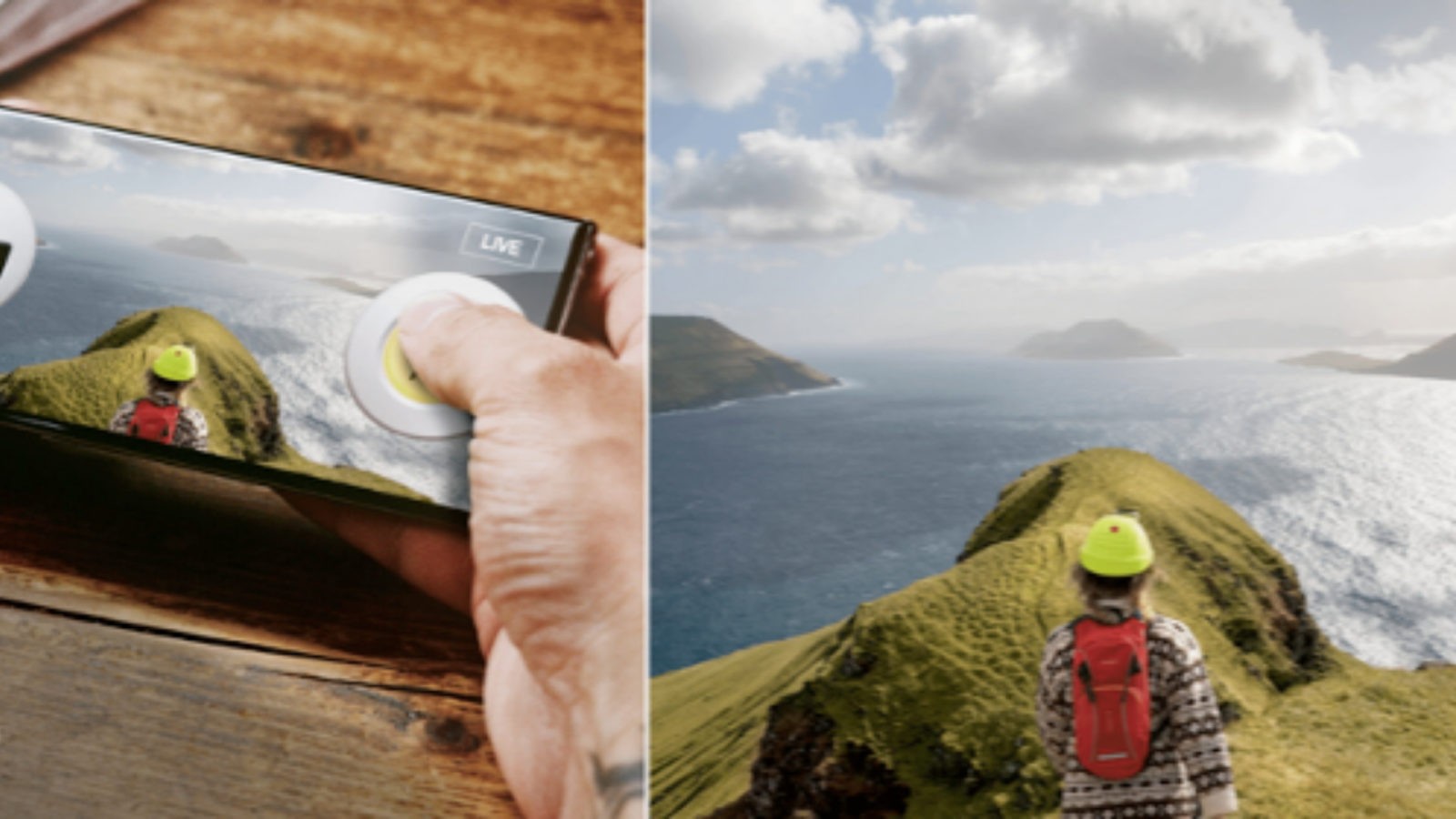
MARKETING’S NEW DYNAMITE: KOREAN POP GROUP BTS LEADS THE WAY | DATA DRIVEN INVESTOR
February 3, 2021
THE MODERN WAY TO GO SHOPPING IN AN ART DISTRICT
February 8, 2021What is it?
The Faroe Islands, a Denmark territory, have come up with a way to allow people around the world to go on a self-guided tour of the archipelago. Camera-wearing locals will respond to sight-seeing commands from people at home, allowing virtual tourists to control their own route.
Virtual visitors control their tour guide using a free app and have two minutes of control over the guide, who also provides a commentary. After their two minutes are up it is someone else’s turn, although virtual tourists can rejoin the queue for another two minutes any number of times. The tours are available for an hour twice each day, at 2 pm and 5 pm (BST). Guides may be in kayaks, on horseback or hiking around the mountain villages.
The last virtual tour was held on 17 June 2020. The total virtual tour taken in this event have reached 22 times. If you are interested to view recording of the live tours, go to Visit Faroe Island’s Facebook page.

Why it’s Cool?
· Bring you joy and inspiration during challenging times
· Cheaper way of travelling
· Choose your own path as you desire
· Helps people with disabilities to enjoy traveling
Why it has future growth potential?
Thanks to this innovate idea of virtual tour you could travel to a far away place within a grasp of your hand.
The concept of being able to travel whenever or in whatever condition you’re in gives opened a new world in the tourism industry. Furthermore, without spending a huge fortune on your transportation nor accommodation nor consumption you could visit a new destination in which you have the freedom to do whatever you want. It helps people to fulfill their desire without moving a muscle, especially to the peoples who have difficulty or disabilities.
Last but not least, the touristic spots would be more preserved and maintained easily since there are less maintenance fee needed as well as the risk of the damage caused by the tourist visiting.




